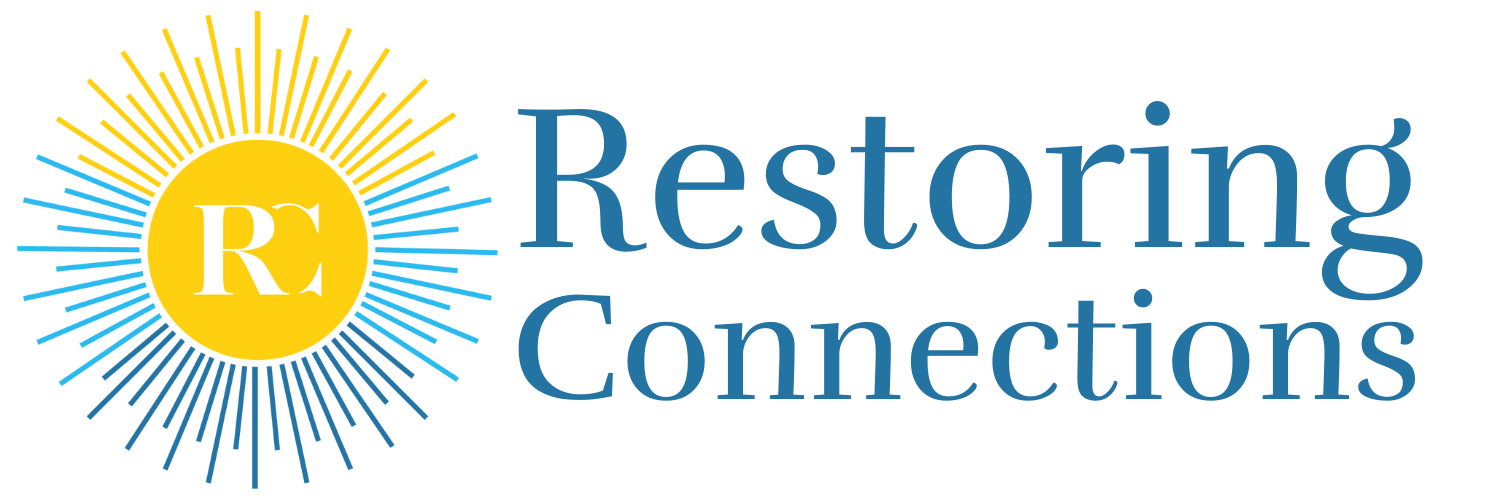During these early days of the fall season, we are reviewing with all our mentors and soul care providers vital information about suicide prevention and the needs of survivors of suicide loss. All of us can make a difference. Relationships are important.
If you are concerned about a friend or family member who may be at risk of suicide, call or text 988. It’s a direct connection to professional support.
Healing after a suicide loss is more complicated for friends and family members as well as the community closest to the individual. Survivors are confused, asking, “How did I not see this coming?” They are often haunted by self-blame or feel guilty about not loving enough. They may experience anger at their loved one for abandoning them. Sadly, society still attaches a stigma to suicide contributing to feelings of isolation.
It’s important for all of us to remember that the primary goal of suicide is to end the pain, not to end life. The person has likely been struggling for a time and due to the corrosive thinking that accompanies depressive illness, personal skills and resources are narrowed. Sometimes people reach out, but often they deliberately conceal the pain they are in from those closest to them.
If you know someone who has lost a loved one to suicide, you can help with the healing. Social connection is crucial, and staying close, reaching out, and remaining present assists the healing process. Ask how you can help. They may be interested in therapeutic support and your assistance in making a connection can be helpful. Offer to help with practical things like running errands. Stay close for the long haul. Avoid advice giving, talking about yourself or interjecting your beliefs. Use the name of their loved one. Share memories of them. Don’t look to fix things, focus on simply being present to them. Be patient with the silences and the need to repeat stories. Don’t assume the role of a therapeutic professional. Give the gift of faithful friendship.
Language is important for removing the stigma. We have moved away from the judgmental phrase “committed suicide” because it is associated with negative intentionality. Help our communities grow into more healing communities by understanding that the individual “died by suicide” or “lost his life to suicide.”
For supportive resources we highly recommend www.nami.org (there are local chapters) and www.inmi.us.
If you are interested in a time of soul care for yourself, either a one-time session or ongoing, contact us

